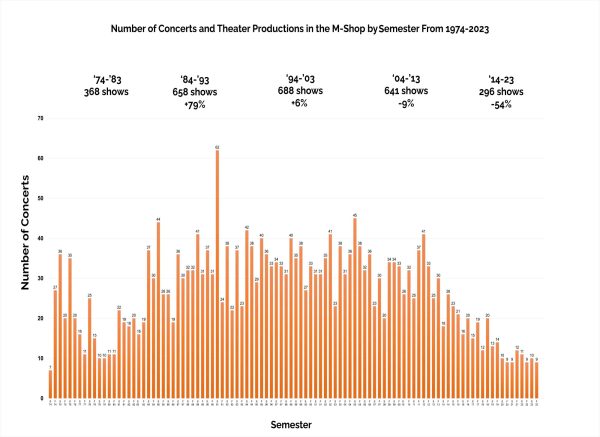Tips on being heat smart, recognizing heat exhaustion
July 17, 2017
It wouldn’t be summer without an excessive heat watch for the state of Iowa.
For an entire week in fact, Accuweather.com issued an excessive heat watch for Ames, starting Wednesday afternoon and ending Saturday afternoon. Monday through Saturday temperatures highs (in degrees fahrenheit) will be in the upper-90s, with lows in the mid-70s. Reel-feel temperatures will reach or even surpass 105 degrees in the afternoons.
“The combination of hot temperatures and high humidity will combine to create a DANGEROUS SITUATION in which heat illnesses are possible,” according to Accuweather.com.
If precautions are not taken, long time exposure to the outdoors in these conditions can lead to heat-related illnesses. Such heat-related illnesses can consist of heat exhaustion and heat strokes.
According to Mary Greeley Medical Center’s blog, heat exhaustion is when someone in extreme heated conditions is endeavoring high physical activity and does not drink enough to replace the fluids that were lost. In high heat situations, physical activity does not have to be as strenuous to be potentially harmful.
A heat stroke is when the body can not continue to regulate its body temperature and the body heat continues to escalate. Heat strokes are a very serious medical condition that should seek medical care immediately.
Heat-related illnesses sneak up on people suddenly. That’s why if someone is experiencing elevated body temperatures, headaches, nausea, muscle cramps or fainting, they should seek a doctor’s assistance.
In these conditions, aside from drinking plenty of fluids, Mary Greeley advises people to stay in air-conditioning as much as possible, wear light amounts of clothing, wear sunscreen and to try and stay in the shade.
Checking up on friends and loved ones, especially if they are going to be outdoors, is something that’s necessary to do in these conditions as well. Stay Cy-drated!
















